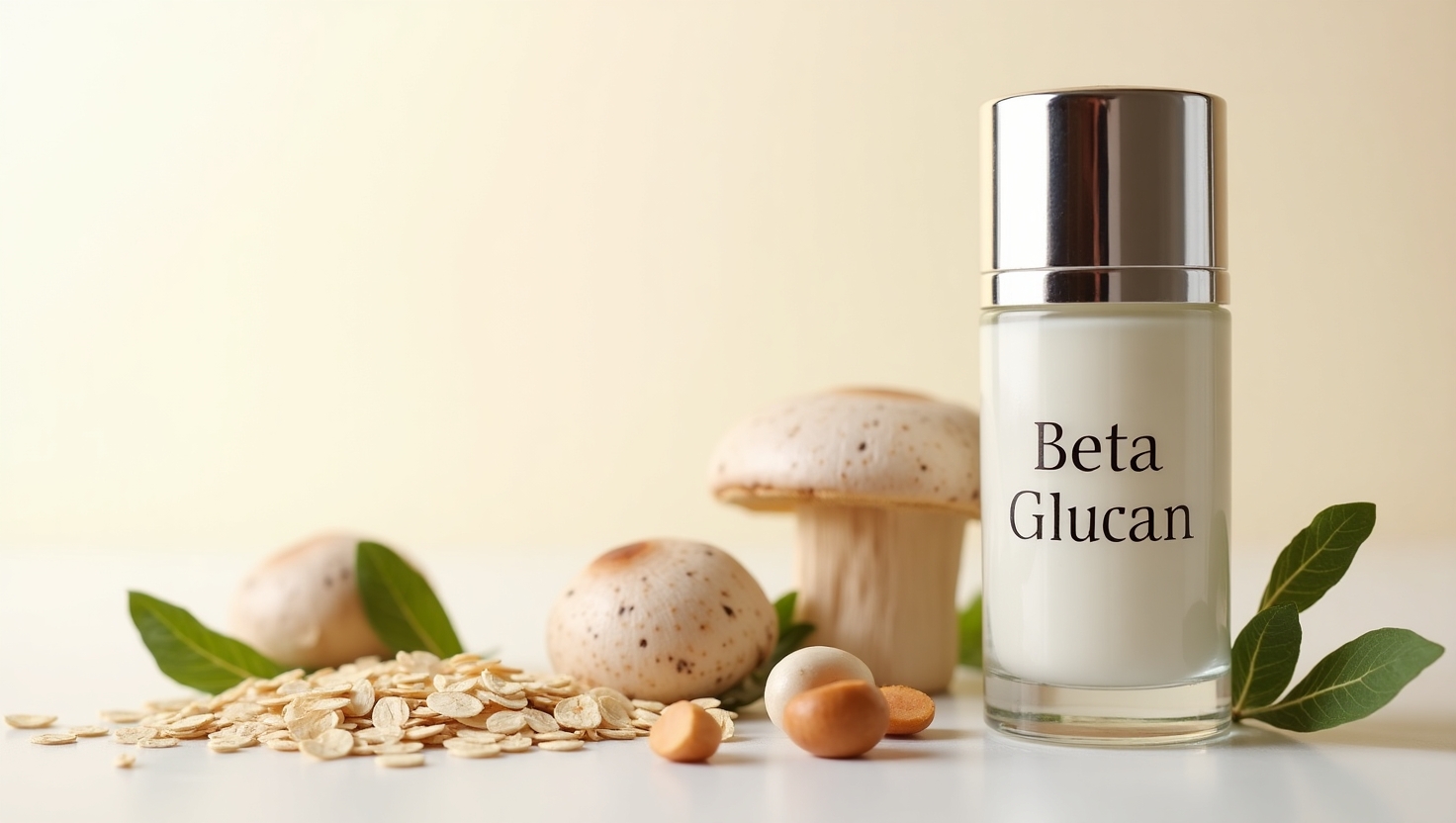Polycystic Ovary Syndrome (PCOS) is a hormonal disorder that affects many women of reproductive age. With symptoms that can include irregular periods, weight gain, and hormonal imbalances, navigating PCOS can be challenging. However, one of the most effective ways to manage PCOS symptoms is through a well-planned diet. This article will guide you through the best diet for managing PCOS symptoms, focusing on effective food choices, lifestyle changes, and practical tips that can lead to significant improvements in your health.
Understanding PCOS and Its Symptoms

PCOS is characterized by hormonal imbalances that can lead to various symptoms, including:
- Irregular periods: Many women with PCOS experience infrequent or prolonged menstrual cycles.
- Weight gain or difficulty losing weight: Insulin resistance can make it harder to maintain a healthy weight.
- Acne and oily skin: Hormonal fluctuations can lead to skin issues.
- Excess hair growth (hirsutism): Increased levels of androgens can cause unwanted hair growth on the face and body.
- Thinning hair on the scalp: Some women may experience hair loss or thinning.
Understanding these symptoms is essential because it allows women to recognize the importance of managing PCOS through lifestyle and dietary changes.
The Link Between PCOS, Insulin Resistance, and Diet
A significant number of women with PCOS also struggle with insulin resistance, a condition where the body’s cells become less responsive to insulin. This can lead to elevated blood sugar levels and increased fat storage. Managing insulin levels through diet is crucial for alleviating symptoms and promoting weight loss.
Creating the Best Diet for PCOS Management
Adopting a diet tailored to manage PCOS can significantly improve symptoms and support weight loss. Here are essential dietary strategies to consider:
1. Emphasize Whole Foods
Whole foods are minimally processed and rich in nutrients that can help manage insulin levels and improve overall health. Here’s what to include in your diet:
- Fruits and Vegetables: Aim for a colorful variety to ensure you get a wide range of vitamins, minerals, and antioxidants. Leafy greens like spinach and kale, as well as berries, are excellent choices. These foods are low in calories and high in fiber, making them ideal for weight management.
- Whole Grains: Opt for whole grains such as brown rice, quinoa, and whole oats. Unlike refined grains, whole grains have a lower glycemic index (GI), which means they cause a slower, more gradual increase in blood sugar levels. This can help regulate insulin levels, which is crucial for women with PCOS.
2. Prioritize Lean Proteins
Incorporating lean proteins into your diet can help control hunger and maintain muscle mass, which is important for metabolic health. Focus on:
- Fish: Fatty fish like salmon, mackerel, and sardines are rich in omega-3 fatty acids, which can help reduce inflammation and improve insulin sensitivity. Aim to include fish in your meals at least twice a week.
- Poultry and Legumes: Lean meats such as chicken and turkey are excellent protein sources. Additionally, legumes like lentils, chickpeas, and black beans provide protein and fiber, making them filling options that support healthy digestion.
3. Healthy Fats are Key
Incorporating healthy fats into your diet can support hormone balance and reduce inflammation. Include sources of healthy fats, such as:
- Avocados: These are packed with healthy monounsaturated fats and fiber, making them a great addition to salads, smoothies, or spreads.
- Nuts and Seeds: Almonds, walnuts, and chia seeds are excellent sources of healthy fats and protein. They can also help regulate blood sugar levels and reduce hunger.
4. Limit Refined Carbs and Sugars
Refined carbohydrates can spike blood sugar levels, which is particularly problematic for women with PCOS. To manage your symptoms effectively, try to minimize:
- Sugary Snacks: Limit your intake of sweets, pastries, and sugary beverages. Instead, choose natural sweeteners like honey or maple syrup in moderation.
- White Bread and Pasta: Replace white bread, pasta, and rice with whole grain options. These alternatives are not only more nutritious but also have a lower GI.
5. Consider an Anti-Inflammatory Diet
An anti-inflammatory diet can be especially beneficial for managing PCOS symptoms. Foods that help reduce inflammation include:
- Berries: Blueberries, strawberries, and raspberries are high in antioxidants and can help combat inflammation. Enjoy them as a snack, in smoothies, or added to oatmeal.
- Turmeric and Ginger: These spices have potent anti-inflammatory properties. Incorporate them into your meals, whether in curries, soups, or teas, to reap their health benefits.
Foods to Avoid with PCOS

To effectively manage PCOS symptoms, certain foods should be avoided or limited:
- Processed Foods: These often contain additives, sugars, and unhealthy fats that can trigger inflammation and worsen symptoms. Opt for homemade meals whenever possible.
- Trans Fats: Found in fried foods, margarine, and many packaged snacks, trans fats can increase inflammation and worsen insulin resistance. Read labels carefully to avoid these unhealthy fats.
- Dairy Products: Some women with PCOS report worsened symptoms with dairy consumption. If you suspect dairy is affecting you, consider alternatives like almond milk or coconut yogurt.
Lifestyle Changes to Complement Your Diet
In addition to dietary changes, adopting a healthy lifestyle can support PCOS management:
- Regular Exercise
Aim for at least 150 minutes of moderate-intensity aerobic activity each week. Exercise not only helps with weight management but also improves insulin sensitivity. Activities like brisk walking, cycling, swimming, or dancing are enjoyable ways to stay active. Incorporating strength training exercises two to three times a week can also help build muscle mass, which is beneficial for metabolism.
- Stress Management
High stress levels can negatively impact hormonal balance, exacerbating PCOS symptoms. Consider implementing stress management techniques into your routine, such as:
- Yoga: Practicing yoga can help reduce stress, improve flexibility, and promote relaxation.
- Meditation: Mindfulness meditation can help you manage stress and improve mental well-being.
- Deep Breathing Exercises: Taking a few minutes each day to practice deep breathing can calm the mind and reduce anxiety.
- Adequate Sleep
Quality sleep is crucial for overall health and hormonal balance. Aim for 7-9 hours of sleep per night. Establish a consistent sleep routine by going to bed and waking up at the same time each day, and create a calming bedtime environment to help improve your sleep quality.
Sample Meal Plan for Managing PCOS
Here’s a sample meal plan to get you started on your journey to managing PCOS through diet. Adjust portion sizes and food choices based on your individual needs and preferences.
Breakfast
- Option 1: Overnight oats topped with berries, chia seeds, and a drizzle of honey.
- Option 2: Scrambled eggs with spinach and tomatoes, served with whole-grain toast.
Lunch
- Option 1: Quinoa salad with chickpeas, cucumber, bell peppers, and a lemon-tahini dressing.
- Option 2: Grilled chicken breast with steamed broccoli and brown rice.
Snack
- Option 1: A small handful of almonds or walnuts.
- Option 2: Carrot sticks with hummus.
Dinner
- Option 1: Baked salmon with roasted sweet potatoes and sautéed kale.
- Option 2: Stir-fried tofu with mixed vegetables and brown rice.
Dessert (Optional)
- Option 1: A small bowl of mixed berries with a dollop of Greek yogurt.
- Option 2: Dark chocolate (70% cocoa or higher) in moderation.
Conclusion
A well-rounded diet focused on whole foods, lean proteins, healthy fats, and anti-inflammatory options can significantly alleviate PCOS symptoms and promote weight loss. By making informed food choices and adopting a healthy lifestyle, women with PCOS can take control of their health and well-being.
For more tips on managing PCOS and improving your overall health, subscribe to our newsletter for the latest articles and updates! Join our community of women committed to living their best lives with PCOS.










[…] Polycystic ovary syndrome (PCOS): This condition, characterized by elevated androgen levels, is often linked to persistent acne. […]
[…] Polycystic ovary syndrome (PCOS) is a common condition that disrupts ovulation, leading to hormonal imbalances, including lower progesterone levels. Managing PCOS with appropriate treatment can help restore hormonal balance and improve progesterone production. (Diet for Managing PCOS Symptoms) […]